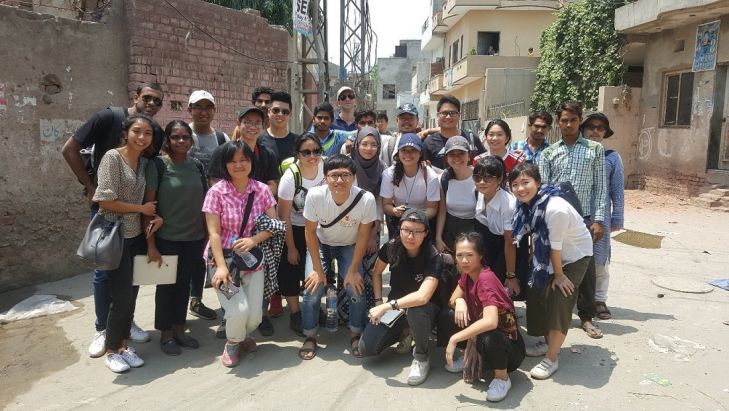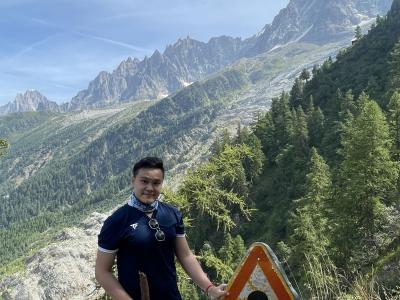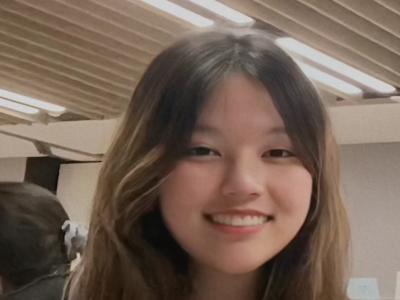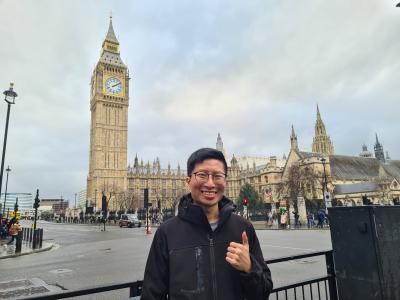
A Sociology Study Mission gave nineteen Singapore Management University (SMU) undergraduates the opportunity to visit the China-Pakistan Economic Corridor (CPEC) from 6 to 19 May 2018.
The two-week study trip to Kashgar in China and Lahore in Pakistan via the Karakorum Highway, a major connection for the CEPC, was to expose students to some of the most important infrastructure development occurring in the 21st Century. The Corridor is a package exceeding $50 billion of road, rail, energy, and port projects, which is the crucial link between the land and maritime arms of China’s Belt and Road Initiative. The group was to study the infrastructure projects and their social, environmental, and regional impact.
The group started the journey at Lahore, Pakistan and spent about four days there. The students stayed in Lahore University of Management Sciences (LUMS) and mingled with the students there. An interaction session was organised by the Vice Chancellor of LUMS, Dr Syed Sohail Hussain Naqvi, where LUMS university students chitchatted with SMU students over dinner.
The students also engaged with citizen activist Maryam Hussain at Forman Christian College in Lahore, learning about how the Orange Line project of CPEC has affected the people. The students learnt how development comes at a price. The construction of Orange Line has led to displacement of some groups as well as threatened the UNESCO World Heritage site status of the Shalimar Gardens.


They also visited and toured Karakoram International University at Gilgit which is a university that is committed to social development and evolution of peaceful and pluralistic societies in the mountainous areas of Pakistan and geographically similar regions elsewhere.
In addition, the group visited the Sahiwal Coal Power Plant and Balloki Power Plant. Both power plants are important to infrastructural development, catering to the increase in energy demand that may result from CPEC. The Sahiwal Coal Plant for one is a 690-hectare power plant which is located in the province of Punjab. Commencing its operations in July 2017, it is the first successful CPEC project between the Chinese and Pakistani government.


From 12 May, four undergraduates and two Professors made their way China via Abbottabad, Chilas, Gilgit, Karimabad, Sost, (border crossing between Pakistan and China) and China’s Tashkurgan on a 4-wheel drive. They reached China’s Kashgar on 17 May where they spent another two nights.

(Source: Google Maps)
Kashgar, in Xinjiang, China, is the site of multiple coal power plants under development as well as being the key transport point on the Chinese side of the border for the links to Pakistan. Lahore, on the other hand, is the site of urban transport projects as well as a key transit point on the way to Gwadar, the deep-sea port which will offer access to the Persian Gulf and beyond. These projects seek to serve China’s future growth and geostrategic interests while spurring the growth of Pakistan, the world’s sixth most populous country, whose economy has been identified as being on the verge of growth towards middle income.
The study mission gave students a better understanding of the micro-level impact of giant bilateral economic partnerships between nations. Before going to Pakistan, the students had a single unitary understanding of how CPEC affects both countries. Only until they were on the ground, did they realise that even within each country, the gains and losses of CPEC are distributed differently. The city benefits more, whereas the disadvantages is felt more in the outer provinces of Punjab. Those with highly valued social connections have it better than those without. Ultimately, the trip has provided the students with a small snippet of life in Pakistani and Chinese societies.
Assistant Professor of Sociology Ijlal Naqvi, one of two Professors who led the study mission said, “This was an amazing trip, and the students had a lot of positive things to say about their experience. I was also very impressed with the spirit of openness and the sense of adventure with which they approached the whole enterprise.”

Here are some reflections and thoughts from the participants about their experiences:
Lee Ying Sham, a fourth year Sociology major student, had this to say about the trip, “Throughout my time in Pakistan and Xinjiang, many a times we encountered barriers in communication during our attempts to glean more about their stories. It was difficult at times, but the effort put into bridging these gaps are always worth it. In a world where difference in tongues often divides and denies potential to understand and learn from each other, I guess sometimes we can always count on a smile to cut across these boundaries, and with the right amount of heart, to always be universal.”
Jay Wee, a Strategic Management and Public Policy majors graduate said, “When you hear about Pakistan through a seminar or a video, perhaps through the news, perhaps through seeing that BBC clip of the 'bizarre' Wagah border ceremony - it doesn’t quite hit you that you’re actually going to the place you’ve heard about all this time. We left Changi Airport with this very unreal expectation of being in mortal peril once we touch down, and we presumed a highly conservative society that we would have to abide by. Plus, it didn’t help that our parents had that constant look of shock and worry as we told them very measuredly of our impending trip – yes, we’re going. But that’s only what we or they might have thought - just like how tourists to our small island would be wary of our ‘draconian laws’ or be worried that we are a ‘fine’ city. There is a softness and nuance to these aspects that we locals are well aware of, and co-exist with. Similarly, it was only when we were on the road in Pakistan buying chai from a small tea shop, politely thanking the uncle who had a huge smile from the fact that you chose to visit Pakistan at all, did we realise the same perceptions we were wary and worried about were far from an accurate depiction; far from a fair presumption. There is a vibrancy to life in Pakistan that we just don’t get from news or texts. The students are like us - with aspirations for their future, and woes about their exams. The food is divine, and Pakistanis take their appreciation for their many cuisines as seriously as we do ours. The people we met were friendly, and welcoming, and hospitable - certainly very real and personal in a way we’d expect our local neighbours across the block to be.”
Leon Lo, a fourth year Sociology major student, said,” One of the most memorable incidents was when I was shopping for a Kurta (their traditional ethnic costume). We entered a shop called Gem Garments and Imtiaz Ahmed greeted us and did the usual introduction of different racks of kurtas from the simple to the more ornate kind. While trying on different kurtas, we engaged in small talk. All of a sudden, Imtiaz mentioned “Pakistan is not war-loving country. We love peace.” In my shock at the suddenness of this, I could only smile, nod and agree. He then proceeded to give us all a hug. I could only wonder if we did or said anything which suggested that. On hindsight, I realised that he thinks this is how the world views Pakistan because of media coverage and such. And there he was, trying to change and fight against the popular view of Pakistan, one tourist at a time.”
Tifanis Eu, a Sociology major graduate, said, “When I told friends and family I was going to Pakistan, they responded to me with shock, disbelief, worry, and general confusion as to why I would want to take a trip to a chaotic, dangerous, developing country. The impression many of us have of Pakistan is exactly that; however learning about its socio-political context and nuances in culture, religion, and history revealed how diverse, complex, and exciting the country is. Actually being in Lahore, speaking to locals and walking its streets, was an invaluable and rich experience, well worth the effort of a graded study mission. I learned how proud Lahoris are of their country and city, how resilient they are in all that they have been through.”

[Featured Photo: SMU students who participated in the Sociology Study Mission to the China-Pakistan economic corridor. This picture was taken at a Lahori neighbourhood in Pakistan]


